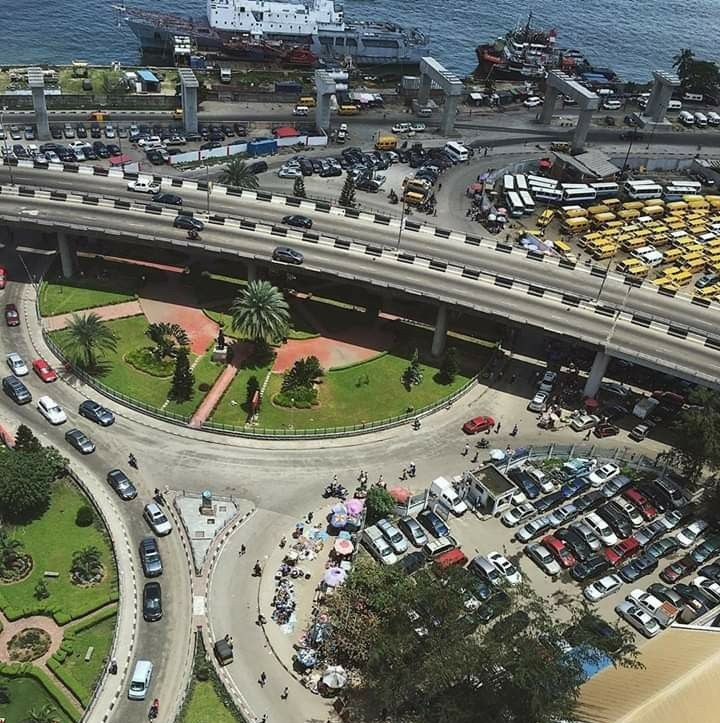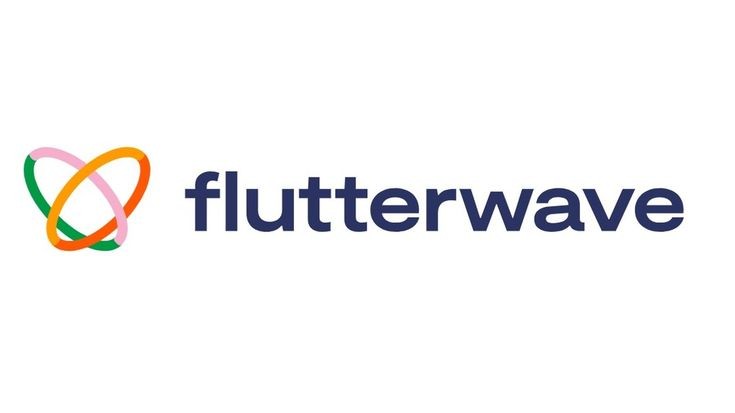How Lagos Became Africa’s Tech Capital in 2025
In 2010, if you asked a young Nigerian where the future of technology in Africa would be built, many would have said Nairobi or Cape Town. Fast-forward to 2025, and Lagos has stolen the crown, becoming the tech heartbeat of Africa.
From fintech giants like Flutterwave and Pay stack to AI-powered health startups, Lagos is now where ideas meet opportunity. But how did this chaotic, traffic-filled city transform into a global tech magnet?
1. The Yaba Effect – Nigeria’s Silicon Valley

Every story of Lagos tech begins in Yaba. Around 2012, small co-working spaces and hubs like Co-Creation Hub (CcHub) started attracting programmers, designers, and entrepreneurs. This cluster effect meant that people could share ideas, build partnerships, and attract investors — all without leaving Lagos Mainland.
Over time, Yaba became a launchpad for startups, much like San Francisco’s early tech scene.
2. Fintech Revolution – Money Moved First

If Lagos is Africa’s tech capital, fintech is its crown jewel. Companies like Flutterwave, Paystack, and Opay solved real Nigerian problems: sending money, paying bills, and making online transactions without the headaches of traditional banking.
This fintech boom brought global attention. When Stripe acquired Paystack in 2020, it was like a flare shot into thel sky saying, “Lagos is ready for global business.”
3. Young Talent & Hustle Culture

Lagos is packed with young, ambitious Nigerians who see tech as a ticket to both impact and income. Coding bootcamps, university tech clubs, and online learning platforms have created a new generation of self-taught developers and digital entrepreneurs.
As Tolu Adedayo, a Lagos-based product designer, puts it:
“In Lagos, everyone’s hustling. The difference now is that many of us are hustling in tech.”
4. Investment Flows In
Venture capitalists love markets with problems to solve and Nigeria has no shortage. From power supply to payments to logistics, startups are building solutions that could work across Africa. Between 2020 and 2024, Nigerian startups raised over $3 billion in funding, with Lagos taking the lion’s share.
Global investors from Silicon Valley, London, and Dubai are now regulars at Lagos tech events.
5. Government & Policy Shifts
While Nigeria’s regulatory environment still poses challenges, some initiatives have helped such as Lagos State’s Innovation Master Plan and partnerships with tech hubs to support training programs. The startup act passed in 2022 also gave some legal structure to the sector, making it easier for companies to operate.
6. Challenges Remain
Of course, Lagos isn’t perfect. Internet costs are still high, electricity supply is unreliable, and traffic can turn a 30-minute meeting into a 3-hour journey. But the tech community has learned to adapt working remotely, using solar power, and holding hybrid events.
7. What The Future Holds
By 2030, analysts predict Lagos could be home to 10 unicorn startups and a growing pool of AI, blockchain, and biotech companies. The dream? That Lagos won’t just be Africa’s tech capital it will compete with global tech hubs on equal footing.
Final Thoughts
Lagos became Africa’s tech capital not by accident, but through a mix of hustle, innovation, and community spirit. It’s messy, it’s loud, but it’s also alive with possibility and that’s what makes it the perfect breeding ground for Africa’s next wave of billion-dollar ideas.
💡 Internal Link Suggestions:
-
Link “fintech giants” to your article on The Rise of Digital Payments in Rural Areas.
-
Link “AI-powered” to Meet the Nigerian Startup Building AI for Farmers.




